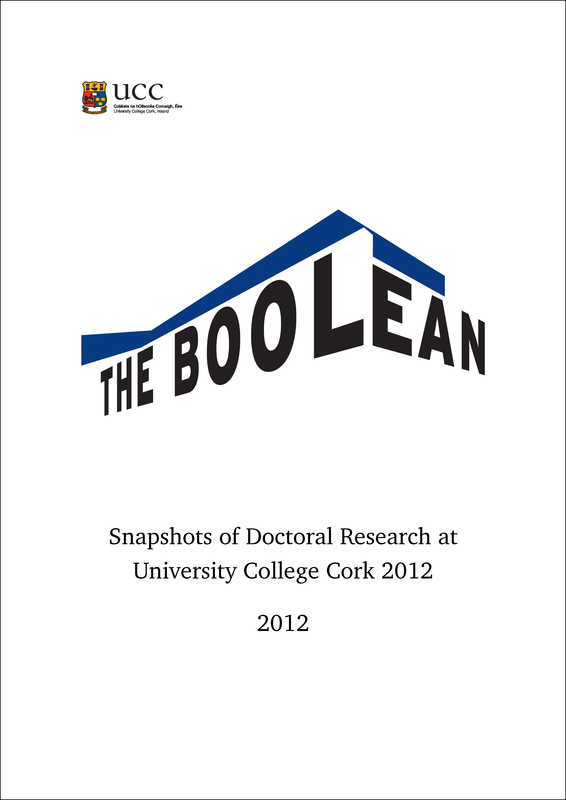‘Comfort Women’ and the politics of responsibility
DOI:
https://doi.org/10.33178/boolean.2012.20Abstract
Japan’s brutal military occupation of Korea from 1910 until the end of the Second World War is generally remembered as a period of grave injustice which has defined a large part of what it means to be Korean. Though the list of crimes is vast, today it seems that one of the most barbaric offences committed at the time was the formation of ‘comfort stations’ – a euphemistic term used to describe the sexual exploitation of mostly Korean women by the Japanese military and government. After a decisive end to Japan’s military conquest of control over the Asia Pacific with the atomic bombings of Hiroshima and Nagasaki, former ‘comfort women’ were silenced for over half a century by a deeply systemic sense of shame. Korean patriarchy pressed many survivors to hide their plight or even back into different sectors of the sex industry. However, South Korea’s democratization in the late-1980s ...References
Published
2012-01-01
Issue
Section
Articles
License
Copyright (c) 2012 the author(s)

This work is licensed under a Creative Commons Attribution-NonCommercial-NoDerivatives 4.0 International License.



